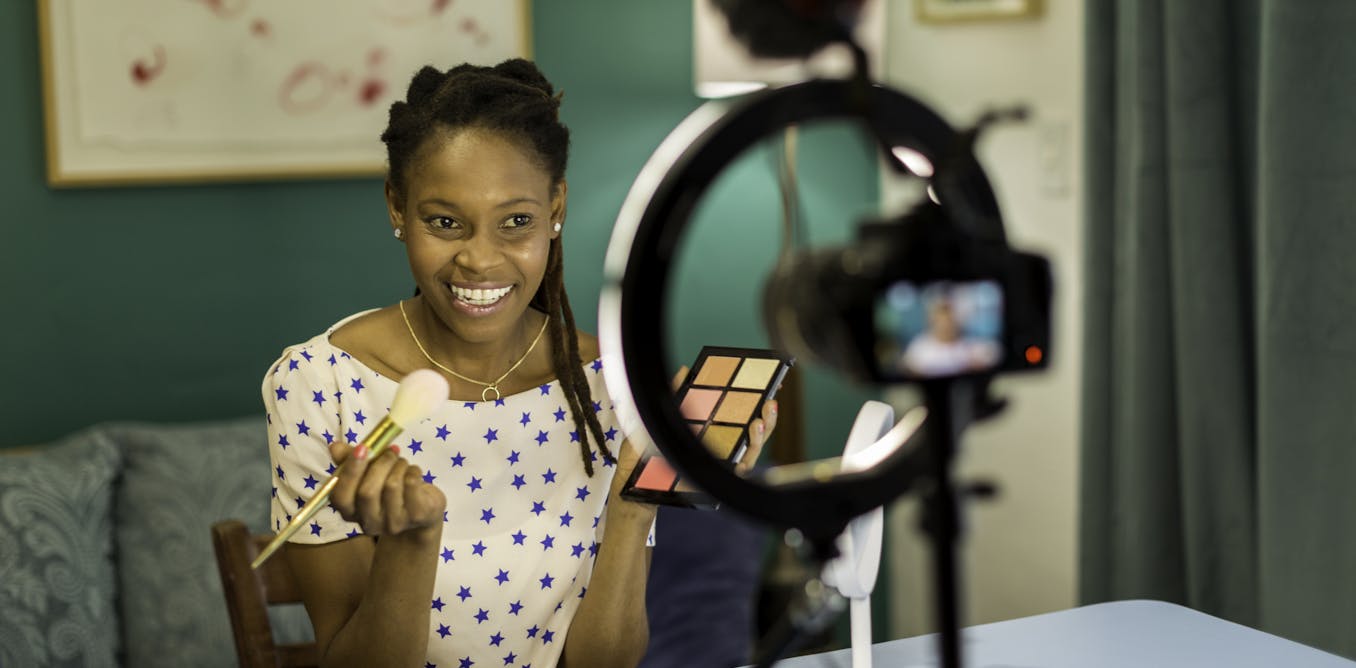
"Not long ago, the idea of getting paid to share your morning routine online would have sounded absurd. Yet today, influencers are big business: The global market is expected to surpass US$32 billion by the end of 2025. Rooted in celebrity culture but driven by digital platforms, the influencer economy represents a powerful force in both commerce and culture. I'm an expert on digital consumer research, and I see the rise of influencers as an important evolution in the relationship between companies, consumers and creators."
"Historically, brands leaned on traditional celebrities like musicians, athletes and actors to endorse their products. However, by the late 2000s, social media platforms opened the door for everyday people to build audiences. Initially, influencers were viewed as a low-cost marketing tactic. Soon, however, they became a central part of marketing strategies. In the 2010s, influencer marketing matured into a global industry. Agencies and digital marketplaces emerged to professionalize influencer-brand matchmaking, and regulators like the Federal Trade Commission started paying more attention to sponsored content."
"Social media influencers often foster what researchers call " parasocial relationships" - one-sided bonds where followers feel as if they personally know the influencer. While the concept has roots in traditional celebrity culture, influencers amplify it through consistent, seemingly authentic content. This perceived intimacy helps explain why consumers often trust influencers more than brands. Though the parasocial relationship isn't mutual, it feels real."
Influencer marketing has evolved from a low-cost promotional tactic into a major global industry powered by digital platforms and short-form video. Social media enabled everyday creators to build followings and monetize content, shifting endorsements from traditional celebrities to a diverse creator economy. Agencies and marketplaces professionalized influencer-brand matchmaking while regulators increased scrutiny on sponsored content. Short-form video formats added perceived authenticity and emotional immediacy, strengthening influencer-follower bonds. Parasocial relationships foster trust that consumers often place in influencers over brands. Influencers now operate as entrepreneurs and cultural producers, reshaping consumer behavior and marketing strategies.
Read at The Conversation
Unable to calculate read time
Collection
[
|
...
]